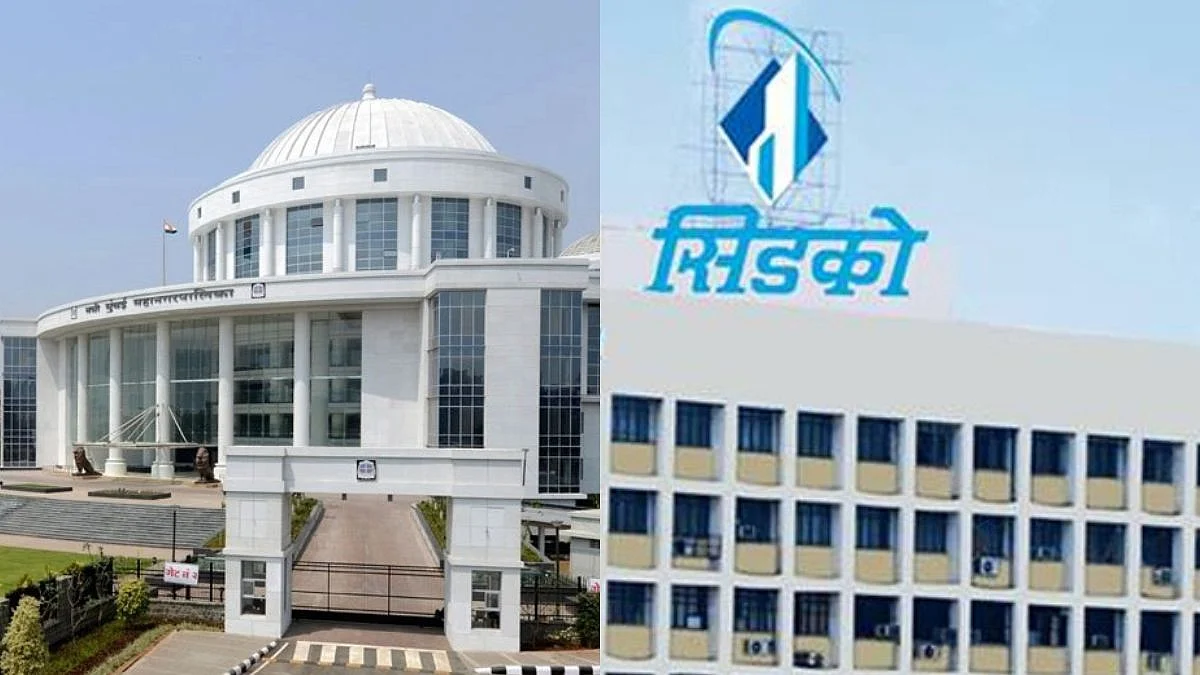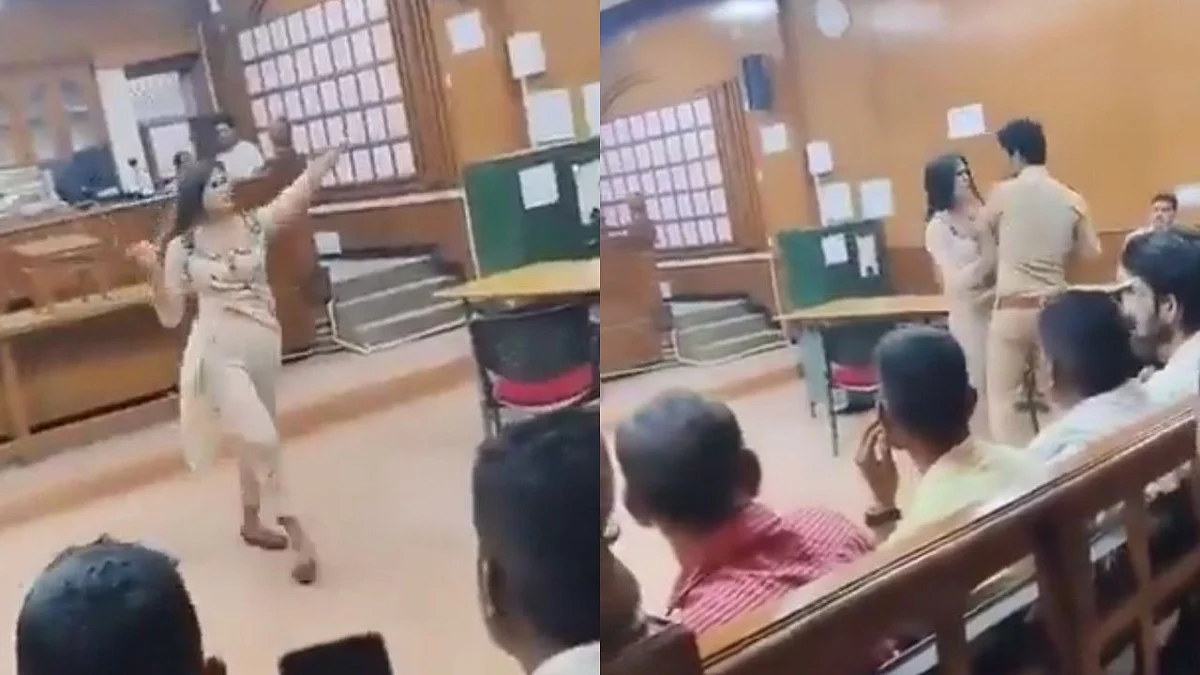Mumbai: As Mumbai braces for another season of waterlogging, chaos, and civic distress, the Free Press Journal brings you a crucial conversation between Executive Editor Afrida Rahman Ali and Rohit Chandavarkar, our Consulting Editor. With barely four months left for the crucial municipal polls, the two senior journalists dive deep into the politicisation of floods, the collapsing infrastructure, and whether voters will hold anyone accountable.
Afrida Rahman Ali: Monsoon is that time of the year which becomes a litmus test for a city’s infrastructure. Mumbai, in particular, is always watched closely—and every year, we see the same story: a city with its systems crumbling in all directions. The fear is, we are becoming numb to monsoon disasters. Why do you think this has become an accepted norm?
Rohit Chandavarkar: You're right, Afrida. With civic polls just four months away—not just in Mumbai but across Maharashtra in cities like Pune, ठाणे, Navi Mumbai—this monsoon mess isn’t a Mumbai-only problem. We’ve seen entire cities brought to a halt. From slum dwellers to those in posh high-rises, everyone is affected. It’s a shared suffering, much like cricket—everyone watches, everyone is impacted. And yet, year after year, we don't seem to have a fix.
Afrida: So, do you think this will finally impact the way people vote in the upcoming BMC elections? Will voters hold anyone responsible?
Rohit: That is the big question. There has been systematic neglect of civic infrastructure. In the last 25–30 years of my journalism career, I’ve witnessed uncontrolled construction, unchecked FSI distribution, and a complete disregard for sustainable planning. In the early 2000s, monsoon chaos happened once or twice a year. Now, it happens five times or more. Pune, which used to remain flood-free, now suffers too.
Afrida: A newly inaugurated metro station saw its roof collapse and walls break due to the first rain. Isn’t that a terrifying reflection of the system?
Rohit: Absolutely. That’s a newly built metro station. The whole process—from construction to maintenance—is flawed. And as I pointed out in my article, politicians have used this disaster for political scoring. But what’s dangerous is that over-politicisation shifts focus from citizen welfare to party narratives.
Afrida: You’ve mentioned that many of the politicians governing Mumbai don’t even belong to the city. How does that affect decision-making?
Rohit: Exactly. Chief Ministers, Urban Development Ministers—many of them come from other parts of Maharashtra. There’s no emotional ownership of Mumbai. The city is treated like a cash cow—to fund elections across India. There is no sincere, sustainable development vision. It’s about extracting revenue, not rebuilding a livable city.
Afrida: And in this misplaced vision, Singapore is often cited as the model...
Rohit: Yes, and that’s problematic. Singapore had to densify because it’s land-locked. Mumbai may be an island, but we have Navi Mumbai, Panvel, Virar, and beyond—plenty of room to expand. Instead, we're building vertically, concreting every patch. That leads to flood-prone cities and crumbling infrastructure. We’ve imported an inappropriate model.
Afrida: There's also the issue of contractors failing, like with the faulty water pumps. BMC is now fining them. Is this finally a sign of accountability?
Rohit: Not really. The tendering process is deeply flawed. Corruption ensures that contracts go to the wrong people. The failure of those pumps isn't an exception—it’s a symptom of the larger disease. And again, the blame gets pushed around among agencies.
Afrida: Yes, and that’s what we’re seeing—agencies deflecting blame. Is it BMC? Is it MMRDA? Is it the state government? Nobody knows who to hold accountable.
Rohit: Exactly. Mumbai has BMC, MMRDA, MHADA, Railways, Urban Development Ministry, and even Central Government. The multiplicity of agencies makes it impossible to fix blame. One blames the other—and meanwhile, taxpayers get no services. We’re paying for public health, education, roads, and waste management—but receiving none of them.
Afrida: Some even deflect responsibility by calling it ‘climate change’—as if it’s nobody’s fault.
Rohit: That’s the newest excuse. But climate change should’ve been anticipated. Rainfall has increased significantly, and yet we’re still constructing metro stations that collapse under 150 mm of rain. What’s worse is that land that should have remained floodplains or mangroves is being handed over to developers. The planning is both short-sighted and profit-driven.
Afrida: Thank you, Rohit. This was a powerful and insightful discussion.
Rohit: Thank you, Afrida. It’s always a pleasure to speak with you—and I hope our readers and viewers begin asking the hard questions too.

Conclusion: As journalists, our job is to inform and empower citizens. As Rohit pointed out, unless voters begin demanding answers and accountability, the monsoon mess will remain an annual tragedy. With civic elections nearing, it’s time to move past excuses and elect those who are serious about governance.








